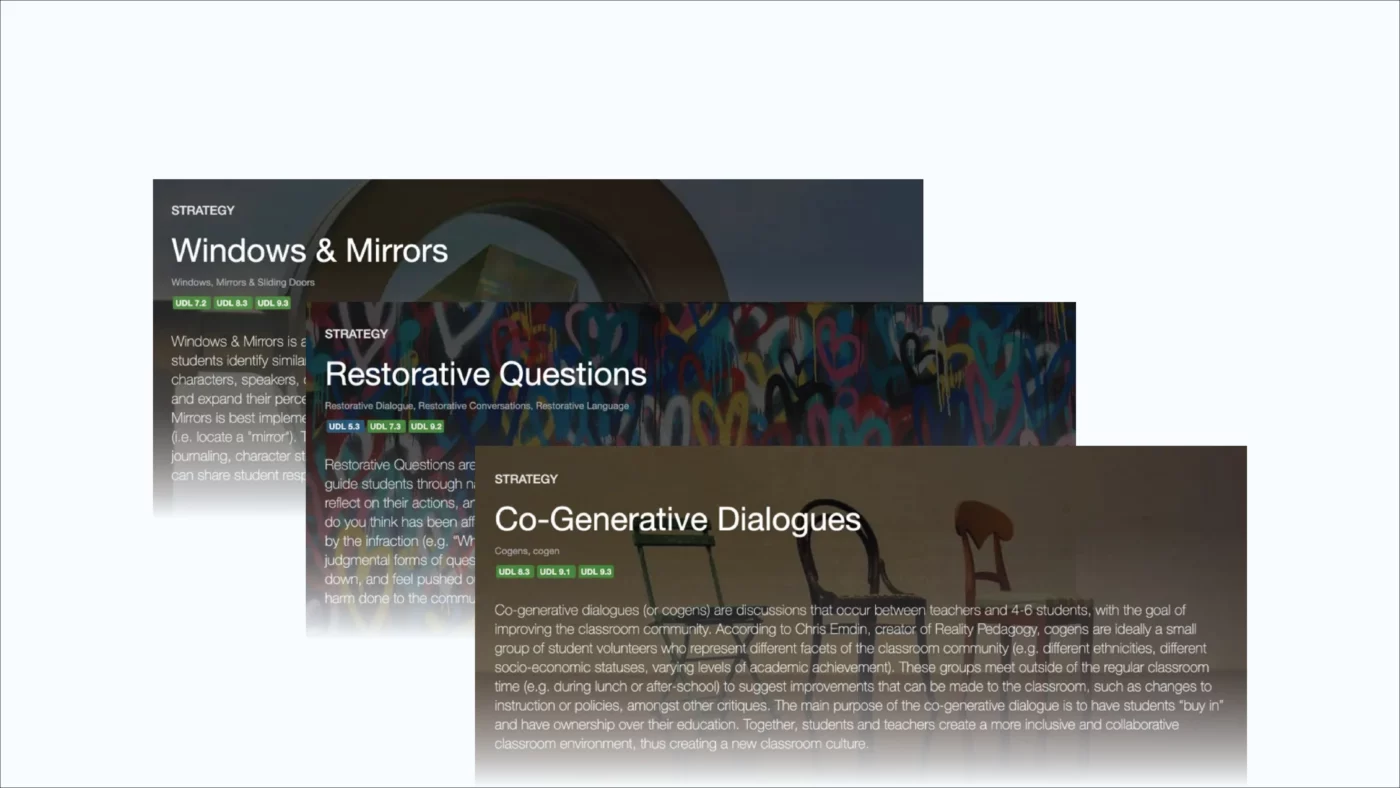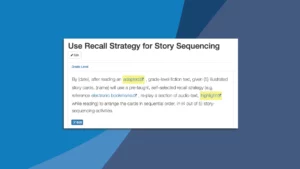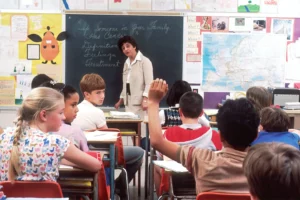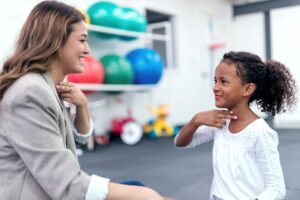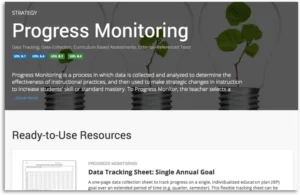Create a More Inclusive and Collaborative Class Environment
Along with downloadable and customizable instructional content that Goalbook Toolkit provides, there are also research-based strategy pages that outline best practices.
The newest set of pages that we have released within Toolkit help teachers incorporate culturally relevant teaching strategies to foster a sense of interdependence in classrooms. These strategies guide teachers on how to ask non-judgmental, open-ended questions that guide students through navigating conflict and help them develop language that builds community.
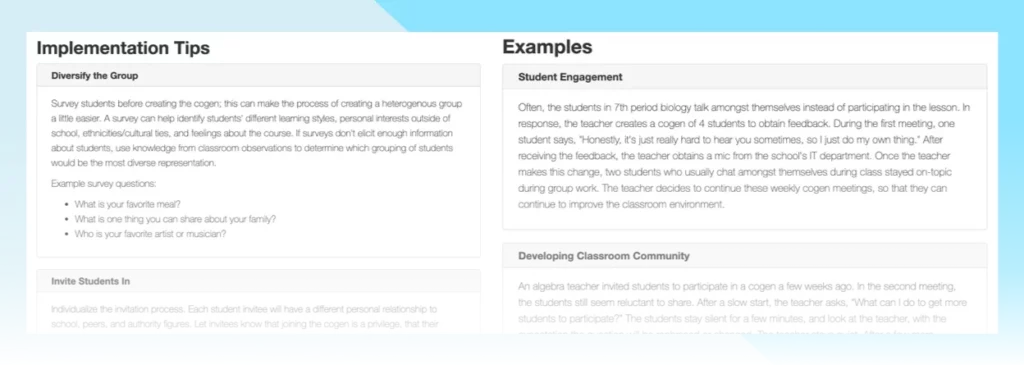
Strategies Based on Research
The research base for these pages incorporates the most relevant writing on restorative practices, “Reality Pedagogy,” and culturally relevant pedagogy in K-12 classrooms, you’ll find the reference research at the bottom of the page. Additionally, on every strategy page in Goalbook Toolkit, you’ll find Implementation Tips that outline practical real-world applications of the strategy. There are also narrative examples of the strategies in practice.

Explore all 6 of these new strategy pages by clicking the links below:
- Restorative Questions: Specific lines of inquiry that help students resolve conflict.
- Cogenerative Dialogues: Targeted discussions with the goal of improving classroom community.
- Peace Circles: Community dialogue aimed at resolving conflicts, accepting responsibility, and repairing harm.
- Community Artifacts: A strategy to build a bridge between students’ school and home lives.
- Silent Discussion: An inclusive writing strategy to help students process information in non-traditional ways.
- Windows & Mirrors: A literary strategy that helps teachers increase cultural, social, and personal relevance of a text.
